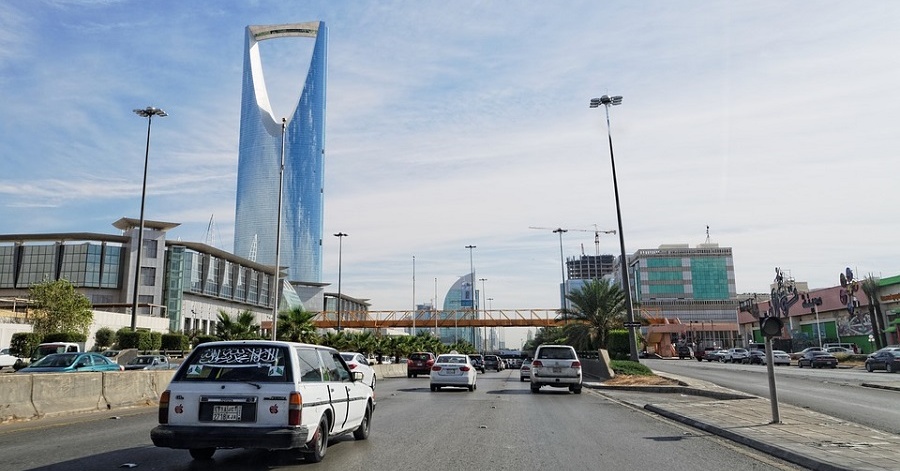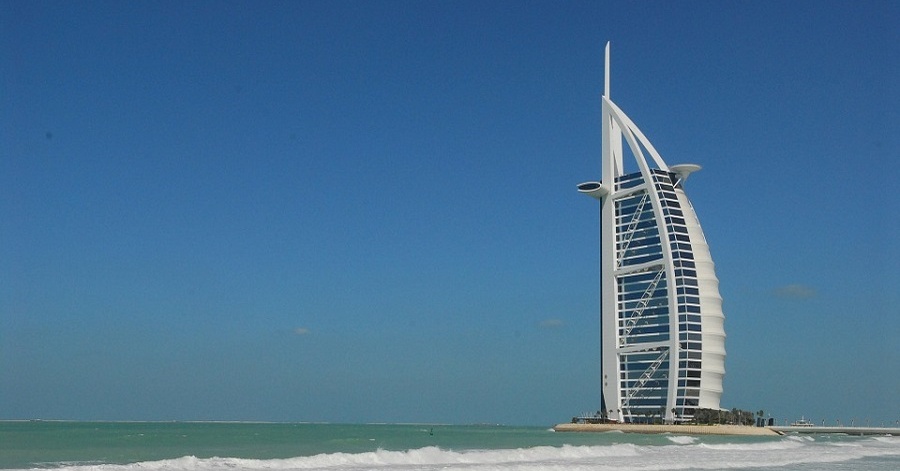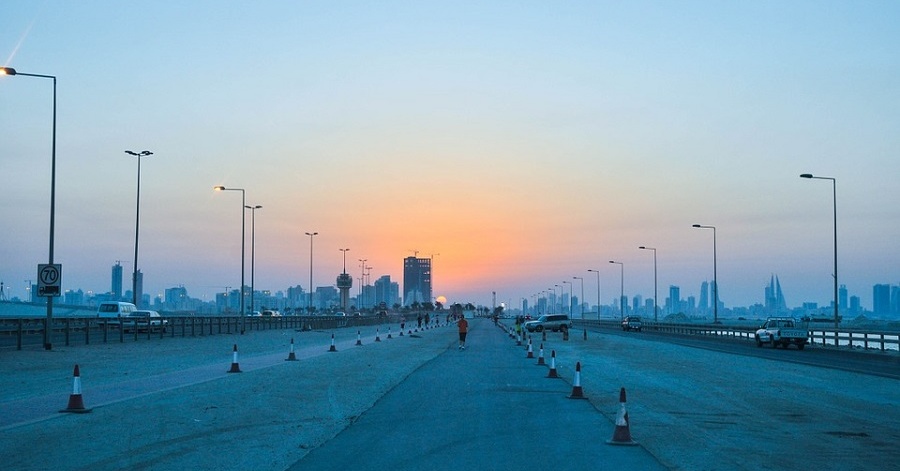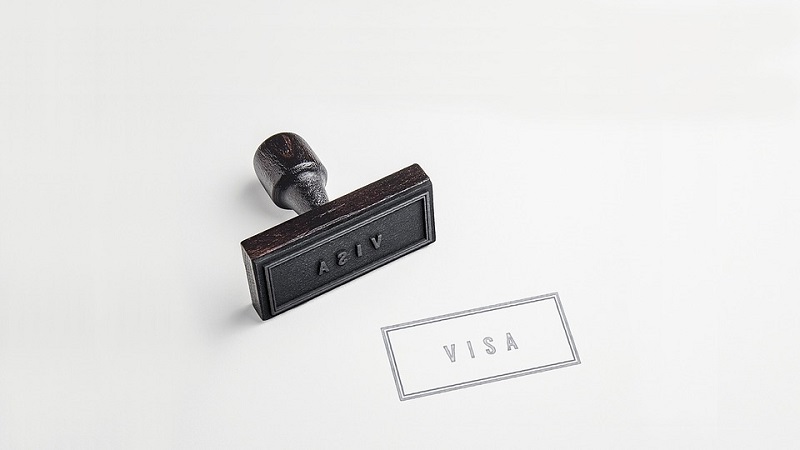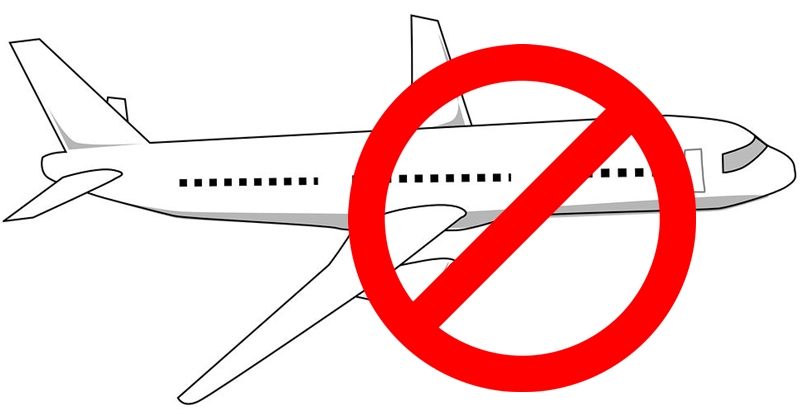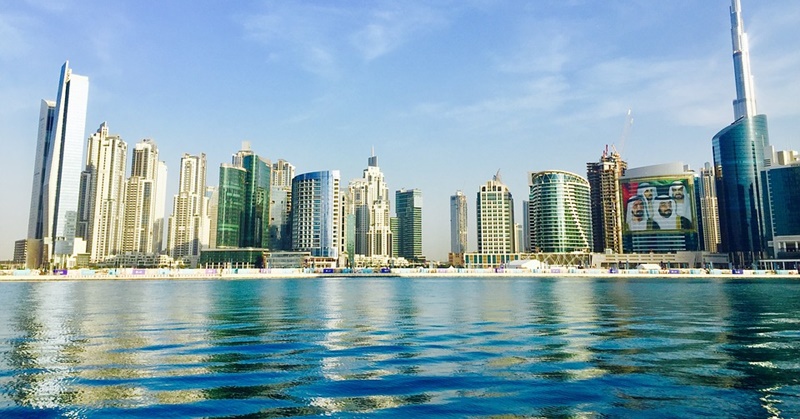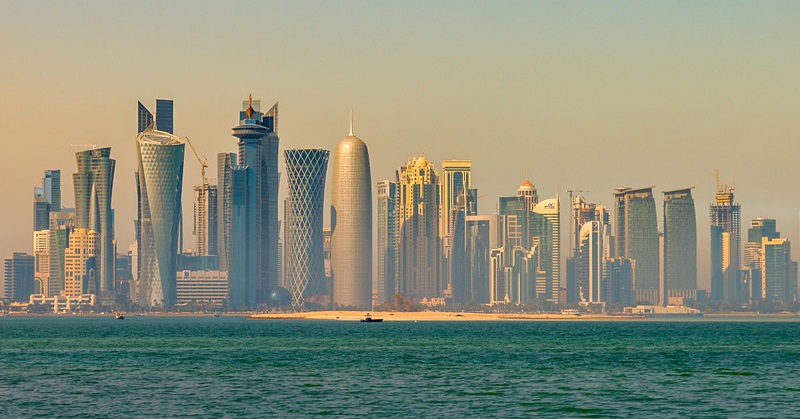There are millions of people, including overseas Filipino workers (OFWs) and other nationalities, who are living and working in different countries in the Middle East. Indeed, you can just imagine the diverse culture and language of major cities in the region!
Aside from the many nationalities currently based in the Middle East, did you know that the region is already linguistically diverse to begin with? In fact, there are more than 60 languages being used in the Middle East, including Arabic, Kurdish, and Greek. In today’s post, we are going to talk about Arabic, specifically Modern Standard Arabic.
Arabic 101: Common Words and Phrases
If you are a newcomer to the Middle East, don’t worry because English is widely used. In some countries like Iraq, Egypt, and the United Arab Emirates, English is actually taught as a second language. Still, it would be a good idea to learn some Arabic words and phrases.
Arabic is native to the region and one of the most commonly used languages in the Middle East. If you are planning to live and work here for quite some time, learning the following words and phrases would definitely come in handy:
Greetings
Saying these Arabic greetings will surely be appreciated by the locals:
- Hi – Salam
- Welcome – Marhaba
- Good morning – Sabah el kheer
- Good evening – Masaa el kheer
- Good night – Tosbeho ala khair
- How are you? – Kaifa alhal?
- I’m fine, thank you – Ana bekhair, shokran
- And you? – Wa ant?
- Thank you – Shukran
- Peace be upon you – Salam alikom
- Goodbye – Ma’a salama
Daily Phrases
Here are some more words and phrases that you can use:
- What is your name? – Shoo esmek?
- My name is… – Esmee…
- Where are you from? – Min wain ent?
- I’m from… – Ana min…
- I’m a tourist – Ana sayeh
- I’m a visitor – Ana zayer
- Can you speak English? – Tigdar titkallam englizy?
- I speak English only – Atkallam englizy
- I know little bit of Arabic – Aref arabi eshway
- I don’t understand what you say – Ma afham sho tgool?
- Can I take picture here? – Mumken assawer hnee?
- Can I take picture with you? – Mumken atsawwar wiyyak?
- Yes – Heh
- No – La
- Maybe – Yemken
- It’s a nice city – Madina helwa
- It’s a nice country – Dawla helwa
Asking for Help and Directions
When traveling, these phrases would be of great help:
- Can you help me? – Momkin mosa’adati?
- I’m lost – Ada’tu tareeqi
- Straight / left / right – Ala tool / yisar / yameen
- Excuse me – Law samaht
- How can I get a taxi? – Kaif atleb el taxi?
- What’s the contact number of the police? – Kam raqam el shurta?
- What’s the contact number of the ambulance? – Kam raqam el esaaf?
- Where is the nearest police station? – Wain agrab markaz shurta?
- Where is the nearest the hospital? – Wain agrab mustashfa?
- Where is the nearest pharmacy? – Wain agrab saydaliyya
Places
If you are looking for a specific place, here are some common terms:
- Airport – Mataar
- Beach – Shatee
- Building – Bnayah
- Church – Kaneesah
- Embassy – Safarah
- Grocery – Baqqala
- Hospital – Mostashfah
- Hotel – Fenduq
- Market – Soug
- Mosque – Masjed
- Restaurant – Matta’am
- School – Madrasah
- Shop – Mahal
Numbers
Learning Arabic numbers is easy. You can start by reading these:
- 0 – Sefer
- 1 – Wahed
- 2 – Ethnain
- 3 – Thalatha
- 4 – Arbaah
- 5 – Khamsa
- 6 – Setta
- 7 – Sabaa
- 8 – Thamanyia
- 9 – Tesah
- 10 – Ashrah
Shopping and Haggling
Speaking of numbers, try using these phrases whenever you go shopping:
- What do you sell? – Shu tebeea?
- How much is this item? – Ebkam hatha?
- I’d like to purchase this – Aba ashtree
- Do you give discounts? – Endkom khasem?
- Can i have a better price? – Atni se’ar ahsan?
- Final price – Akhar kalam
- Do you accept payments by cash? – Teqbaloon cash?
- Do you accept dollars? – Teqbaloon bel dolar?
- Do you accept payments by card? – Teqbaloon betiqaa?
- Do you have change? – Endkom kherda?
- Expensive – Ghali
- Cheap – Rakees
- Free – Majjanan
- Good – Zain
- Bad – Mob zain
- Okay – Enzain
- Where I can buy…? – Min wain agdar ashtree…?
Although English is widely used in the region, it still wouldn’t hurt to learn some common Arabic words and phrases, especially if you interact with the locals on a daily basis. Aside from the language, here are more things to know when visiting the Middle East.


